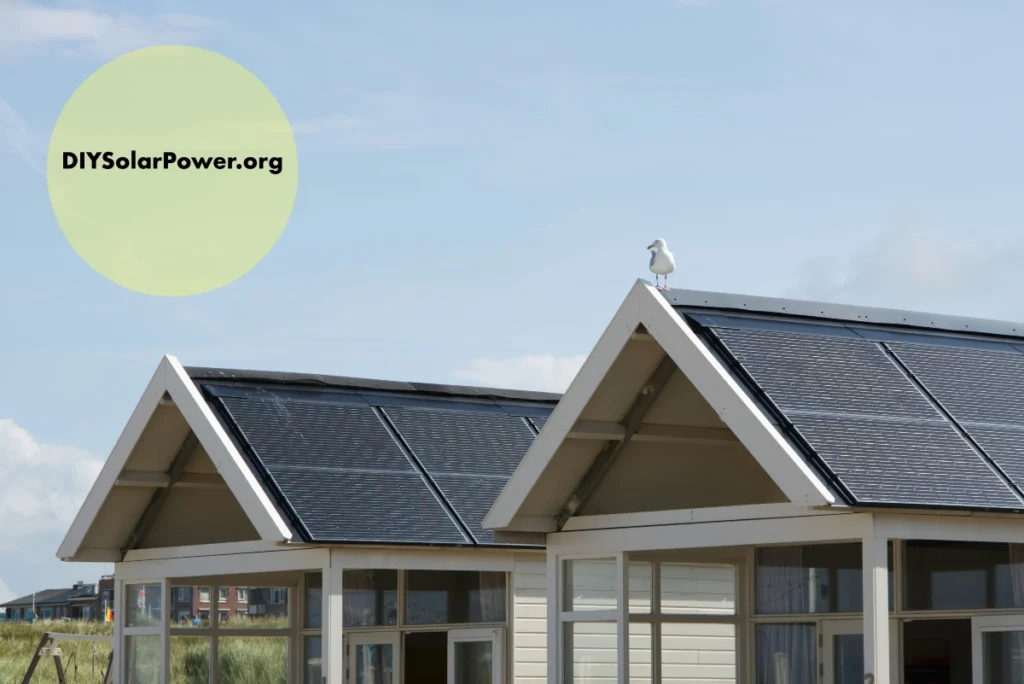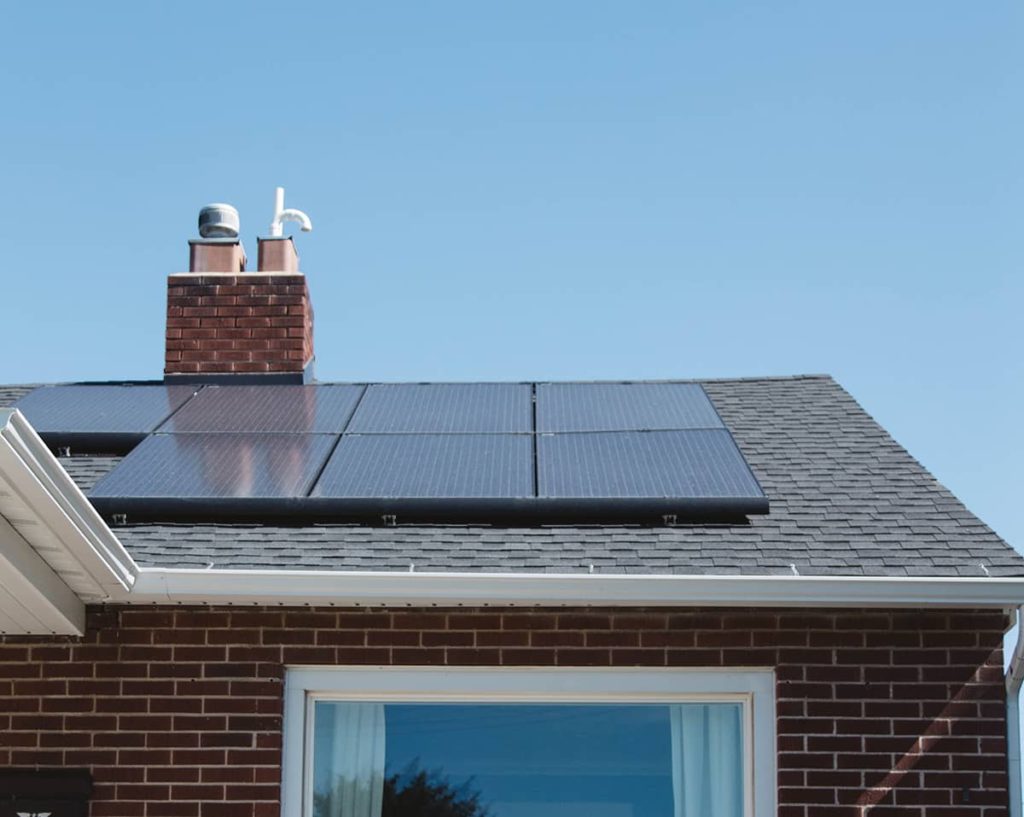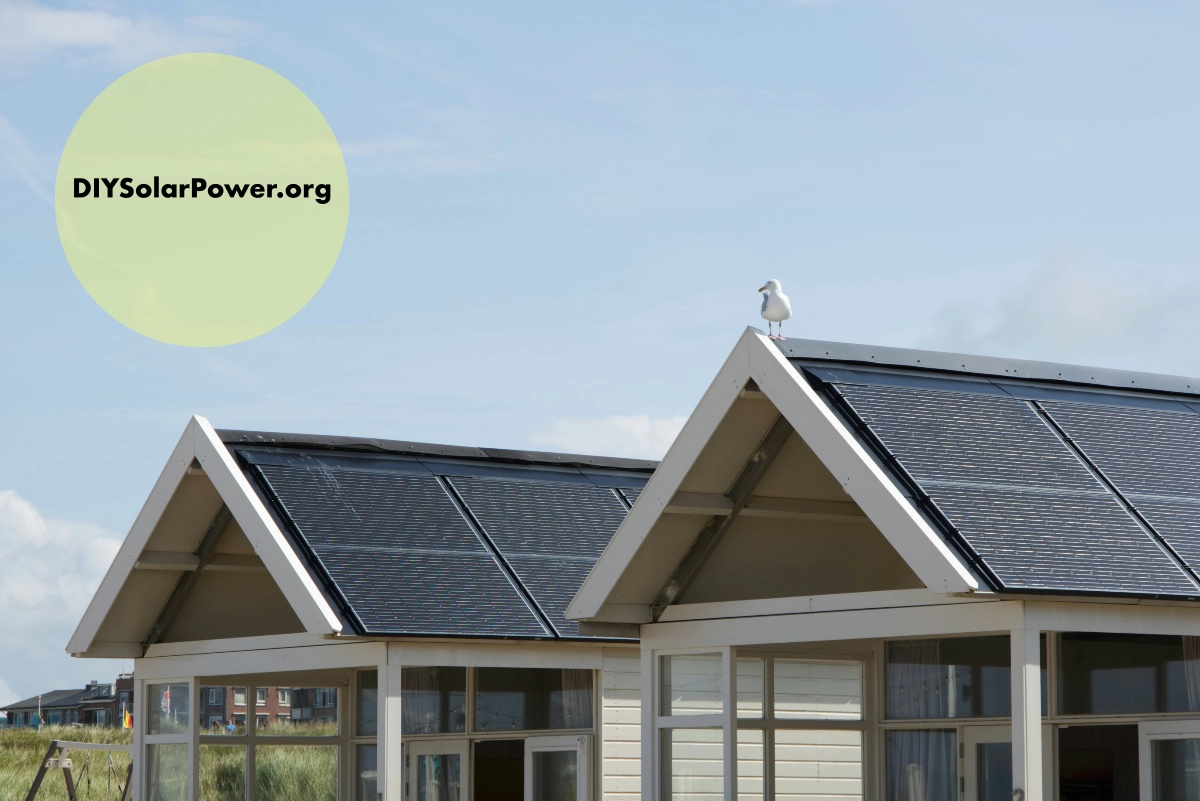In our quest for a more sustainable future, renewable energy sources have become key players. Among them, solar power shines brightly as a clean, inexhaustible, and increasingly affordable option. This surge in popularity has led to a demand for solar panel kits, making the dream of powering homes and businesses with the sun’s energy more accessible than ever.

What Are Solar Panel Kits?
Simply put, solar panel kits are all-in-one packages that include all the necessary components to harness the power of the sun. Typically, these kits contain solar panels, an inverter, mounting hardware, and wiring. They’re designed to offer a streamlined solution for anyone looking to dive into solar energy, whether it’s for a residential setup, a backyard office, a remote cabin, or even a van life adventure.
Types of Solar Panel Kits
Solar panel kits come in various types to suit different needs and preferences, each offering unique benefits. Grid-tied kits are ideal for those looking to reduce their utility bills and still have the security of the grid’s backup. Off-grid kits cater to remote locations where grid access is unavailable, providing a self-sufficient energy solution with battery storage. Portable solar kits offer flexibility and convenience for travelers and outdoor enthusiasts, ensuring that power is available wherever it’s needed. Understanding these options helps in selecting the right kit that aligns with your energy goals and lifestyle.
- Grid-Tied Kits: Perfect for those who wish to supplement their current energy source and reduce utility bills. These kits are connected to the public electricity grid.
- Off-Grid Kits: Ideal for remote locations without access to the power grid. These often come with battery storage to ensure a constant energy supply.
- Portable Solar Kits: Tailored for travelers and outdoor enthusiasts, these kits are lightweight, easy to set up, and perfect for on-the-go power needs.
Benefits of Solar Panel Kits
- Cost-Effectiveness: Over time, solar kits can significantly reduce electricity costs, offering long-term savings.
- Environmental Impact: By using solar energy, you’re contributing to a reduction in greenhouse gas emissions, helping to combat climate change.
- Energy Independence: Solar kits can provide you with a measure of independence from utility companies and the fluctuating costs of energy.
Solar panel kits not only offer a sustainable way to generate energy but also come with significant financial benefits. By investing in a solar panel kit, homeowners and businesses can significantly reduce their electricity bills, as solar power offsets the need for purchased electricity. Over time, the initial cost of the solar kit can be recouped through these savings, making it a cost-effective solution in the long run. Additionally, in many areas, users can benefit from net metering, where excess electricity generated by their solar panels is sold back to the grid, further enhancing savings and return on investment.
Beyond the financial advantages, solar panel kits have a profound environmental impact. They produce clean, renewable energy, reducing reliance on fossil fuels and lowering carbon emissions. This shift to solar contributes significantly to combating climate change and promoting a healthier environment. Furthermore, solar panel kits can increase energy independence, reducing vulnerability to power outages and fluctuations in energy prices. By choosing solar, individuals and businesses take an important step towards sustainability, contributing to a greener future and promoting ecological balance.
How to Choose the Best Solar Panel Kit
- Assessing Your Energy Needs: Calculate your average energy usage to determine the size of the solar kit you need.
- Quality and Efficiency of Panels: Look for high-efficiency panels to maximize energy production.
- Inverter Quality: Since the inverter converts solar power into usable electricity, its quality is crucial.
- Ease of Installation: Consider whether you can install the kit yourself or if you’ll need professional help.
- Budget Considerations: Solar kits are an investment. Evaluate your budget to find a kit that offers good value for money.

Top Factors to Consider
- Warranty and Lifespan: A longer warranty can be a good indicator of the system’s quality and durability.
- Brand Reputation: Research brands to find those with positive reviews and reliable customer service.
- Certification and Testing: Look for kits that have undergone rigorous testing and have the necessary certifications.
Installation Tips
- Professional vs. DIY Installation: While some kits are designed for DIY installation, consider whether you have the skills and tools for DIY Solar Installation.
- Necessary Tools and Equipment: Make sure you have everything required for a safe and efficient installation.
- Safety Measures: Always prioritize safety, especially when working with electrical systems.
Installing a solar panel kit can range from straightforward to complex, depending on the type of kit and your technical expertise. For those considering DIY installation, selecting a kit designed for easy setup and closely following the manufacturer’s instructions is crucial. However, for larger systems or if you’re not comfortable with electrical work, hiring a professional ensures safety and compliance with local codes, maximizing the system’s efficiency and longevity.
Maintenance and Care
- Regular Cleaning: Keeping your panels clean can significantly impact their efficiency.
- Monitoring System Performance: Regularly check your system’s performance to ensure it’s operating optimally.
- Troubleshooting Common Issues: Familiarize yourself with common issues and how to resolve them.
Regular maintenance and care of your solar panel kit are essential for optimal performance and extended lifespan. Simple actions like keeping the panels clean from dust, snow, and debris, and regularly checking for any damage or wear can significantly impact efficiency. Additionally, monitoring the system’s performance through its inverter or monitoring system can help quickly identify and troubleshoot any issues, ensuring your solar setup continues to operate at its best.
Future Trends in Solar Technology
The solar industry is constantly evolving, with innovations aimed at increasing efficiency, reducing costs, and making solar energy more accessible. Government incentives and policies also play a crucial role in the adoption of solar technology, paving the way for a greener future.
Selecting the best solar panel kit is a significant step toward sustainability and energy independence. By considering your needs, doing thorough research, and preparing for installation and maintenance, you can harness the power of the sun effectively and efficiently.
FAQs
Yes, many solar panel kits are designed with the DIY enthusiast in mind. They come with detailed instructions and are tailored for easy installation. However, it’s crucial to assess your own skills and the complexity of the kit. For larger systems or if electrical work is required, it’s recommended to hire a professional to ensure safety and compliance with local regulations.
To calculate your energy needs, start by gathering your electricity bills for the past year to determine your total annual consumption in kilowatt-hours (kWh). This gives you an average daily usage. Consider any future changes that might increase your consumption. There are also online calculators available that can help you estimate your needs based on your appliances and their usage.
The lifespan of a solar panel kit typically ranges from 25 to 30 years, depending on the quality of the components. Solar panels gradually decrease in efficiency over time, but high-quality panels can still produce a significant amount of their original capacity even after 25 years. Inverters and batteries may have shorter lifespans and could need replacement during the life of the solar system.
Many governments around the world offer incentives for installing solar panels, such as tax credits, rebates, and feed-in tariffs for the excess electricity generated. These incentives can significantly reduce the upfront cost and improve the return on investment of solar systems. It’s important to research the specific incentives available in your area, as they can vary greatly by location and change over time.
Maintenance for solar panel kits is generally minimal. The most important task is to keep the panels clean and free of debris, dust, and snow, which can block sunlight and reduce efficiency. Regular monitoring of the system’s performance can help identify any issues early. It’s also advisable to have a professional check the system periodically, especially the electrical components and connections, to ensure everything is functioning correctly.
Selecting the right solar panel kit requires careful consideration of your energy needs, budget, and the quality of components. With the right kit, you can enjoy the benefits of solar energy for years to come, contributing to a healthier planet and a more sustainable way of living.
